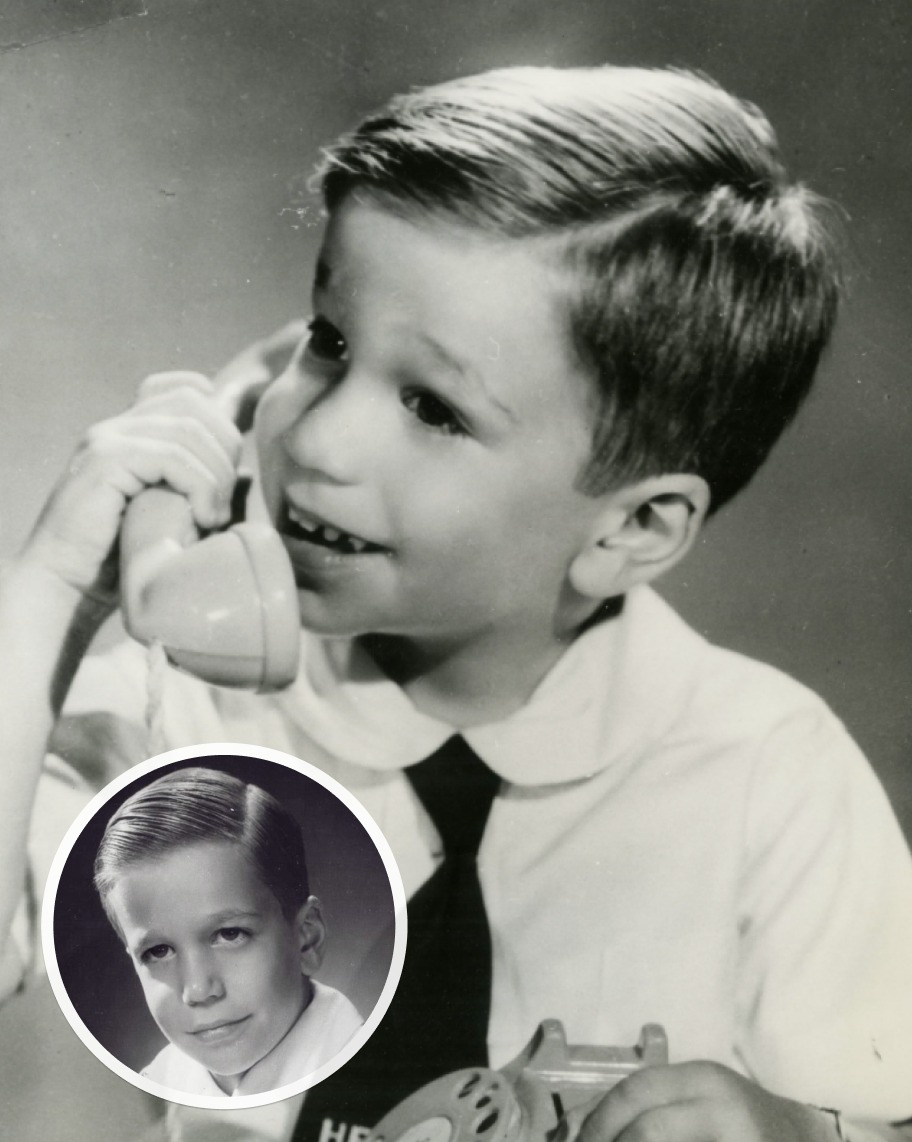He Was Called ‘Dumb’ Because He Couldn’t Read Until Age 31 Yet He Became Famous And Loved By Millions👀
Henry Winkler, beloved by millions for his role as *The Fonz* on *Happy Days*, has revealed that behind his trademark charm and success, he spent years silently struggling with **dyslexia**—a condition he didn’t even know he had until adulthood.
Winkler, who played the iconic role for 11 seasons, was only diagnosed at age 31 after his stepson was tested for the same learning disorder. “My stepson, who’s now 53, was diagnosed, and everything the doctors described about him sounded exactly like me,” Winkler shared. “It was the moment I realized I wasn’t stupid. My brain was just wired differently.”
Growing up, school was a painful experience for him. Teachers accused him of being lazy, classmates mocked him, and he often faced punishment for poor grades. Those early experiences left emotional scars that stayed with him long after his career took off. Even during his rise in Hollywood, dyslexia made reading scripts nearly impossible. “I couldn’t read well,” he admitted, “but once I had the lines down, I could memorize quickly. I’d improvise, and producers would say, ‘That’s not how it’s written.’ I’d tell them, ‘I’m giving you the essence of the character.’”
When he finally received a diagnosis, the revelation was life-changing. “It shifted my entire perspective,” Winkler said. “I finally understood why I struggled so much. But the shame and doubt from all those years don’t disappear overnight. You have to rebuild your confidence from the ground up.”
Today, the Emmy-winning actor has turned that pain into purpose. Not only has he learned to embrace reading, but he’s also become a celebrated **children’s author**, co-writing over 30 books with Lin Oliver, including the *Hank Zipzer* and *Here’s Hank* series—stories inspired by his own struggles with dyslexia.
Now in his late 70s, Winkler uses his voice to inspire children everywhere. “Struggling to read has nothing to do with how smart you are,” he says. “If you think differently, it just means your brain works in its own wonderful way.”






Post Comment